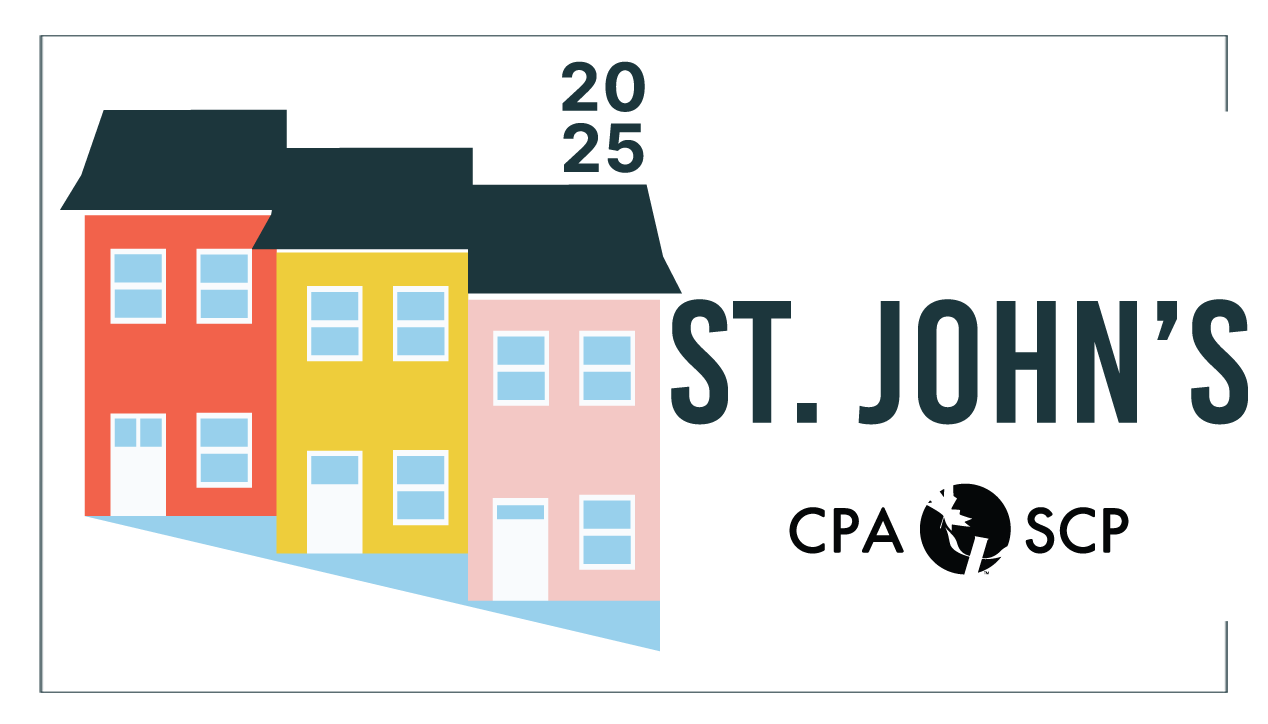How can we help people make better health decisions? In this talk, I illustrate psychological gaps in popular health decision-making recommendations. One recommendation for health messaging encourages "fighting" metaphoric frames for cancer, suggesting that such metaphors motivate people to make better health decisions. I will present three studies wherein participants read health information that metaphorically framed cancer with "fighting" language or with alternative language. Then, participants beliefs about cancer prevention were assessed. Those reading "fighting" metaphors were more fatalistic about getting cancer and had less accessibility of and intention to engage in certain cancer prevention behaviours. Thus, such metaphors may promote suboptimal health beliefs. Another recommendation for health decision-making suggests that providing the public with more information improves health decisions. However, vaccine resistors claim their beliefs are founded upon ample information search. I will present two studies that measured vaccine resistance and information search tendencies. Results indicated that, despite their claims, vaccine resistors consult less evidence before reaching conclusions. Thus, more information may not be sufficient for improving health decisions because some people make decisions without consulting much evidence.
Dave Hauser is an Associate Professor of Social/Personality Psychology at Queen's University in Kingston, Ontario. His research examines the interplay of judgment/social cognition and language, with recent work focusing upon health decision-making. His research has been funded by the Natural Sciences and Engineering Research Council of Canada and the Social Sciences and Humanities Research Council of Canada. He has been awarded a "Rising Star" (Early Career) Award by the Association of Psychological Science.


Recent Comments